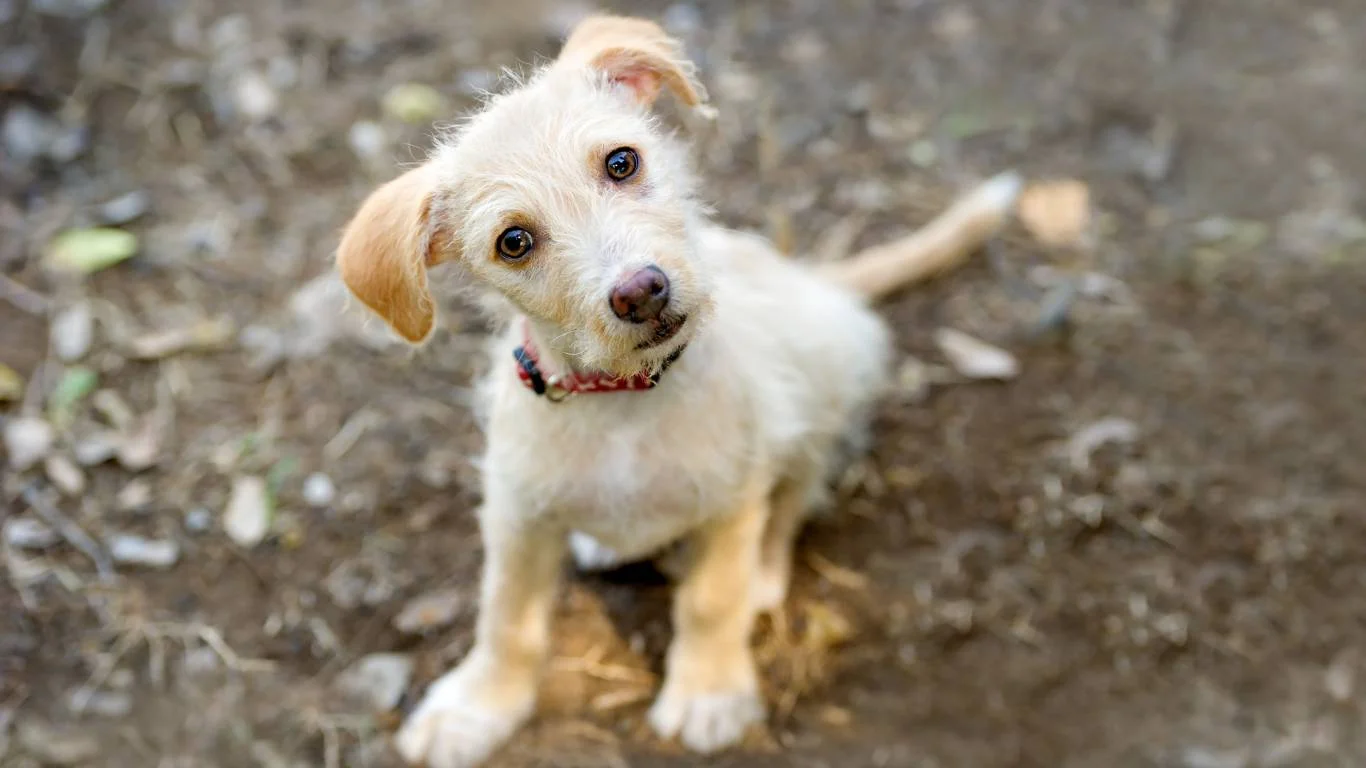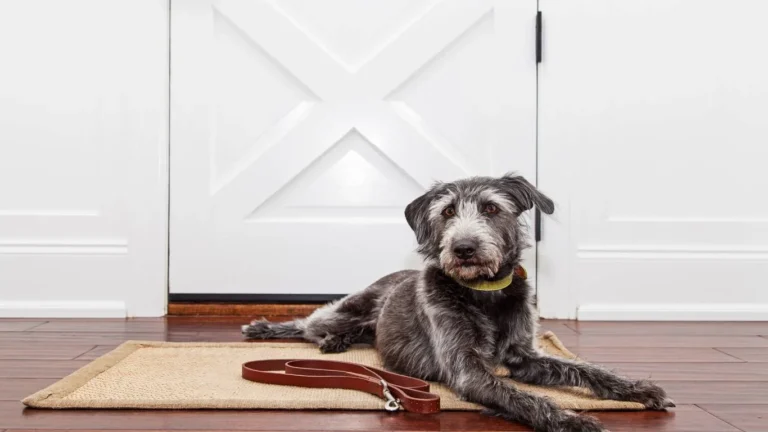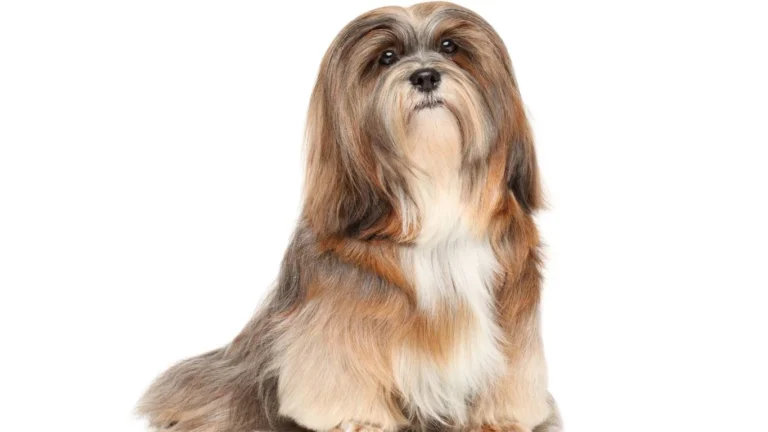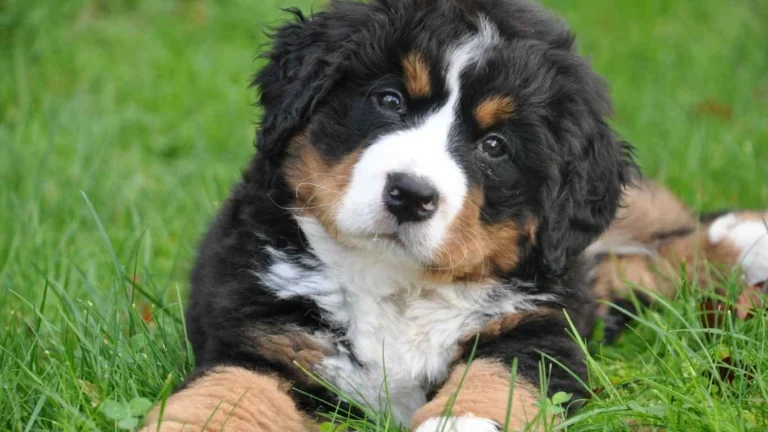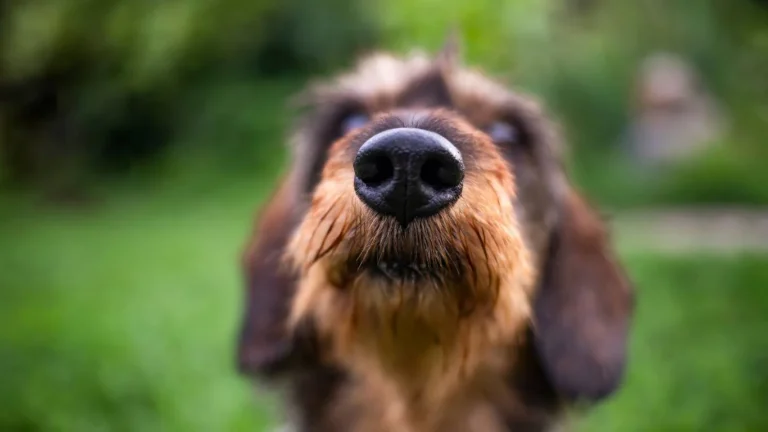Alarming Reasons Why Your Dog Is Coughing After Exercise
If you’ve ever found yourself Googling “Why is my dog coughing after exercise?” right after your pup finishes a game of fetch or a long walk, you’re definitely not alone. I’ve seen it countless times during my time as a Veterinary Assistant with a focus on pet nutrition—worried pet parents watching their dogs wheeze, hack, or make that strange goose-honk sound after playtime. It’s easy to assume something serious is going on, but sometimes it’s not as scary as it looks. That said, coughing in dogs after exercise can be a red flag, so it’s worth digging into the possible causes, when to worry, and what you can do. Let’s talk about what I’ve learned firsthand and what you should keep in mind.
Common Reasons Dogs Cough After Exercise
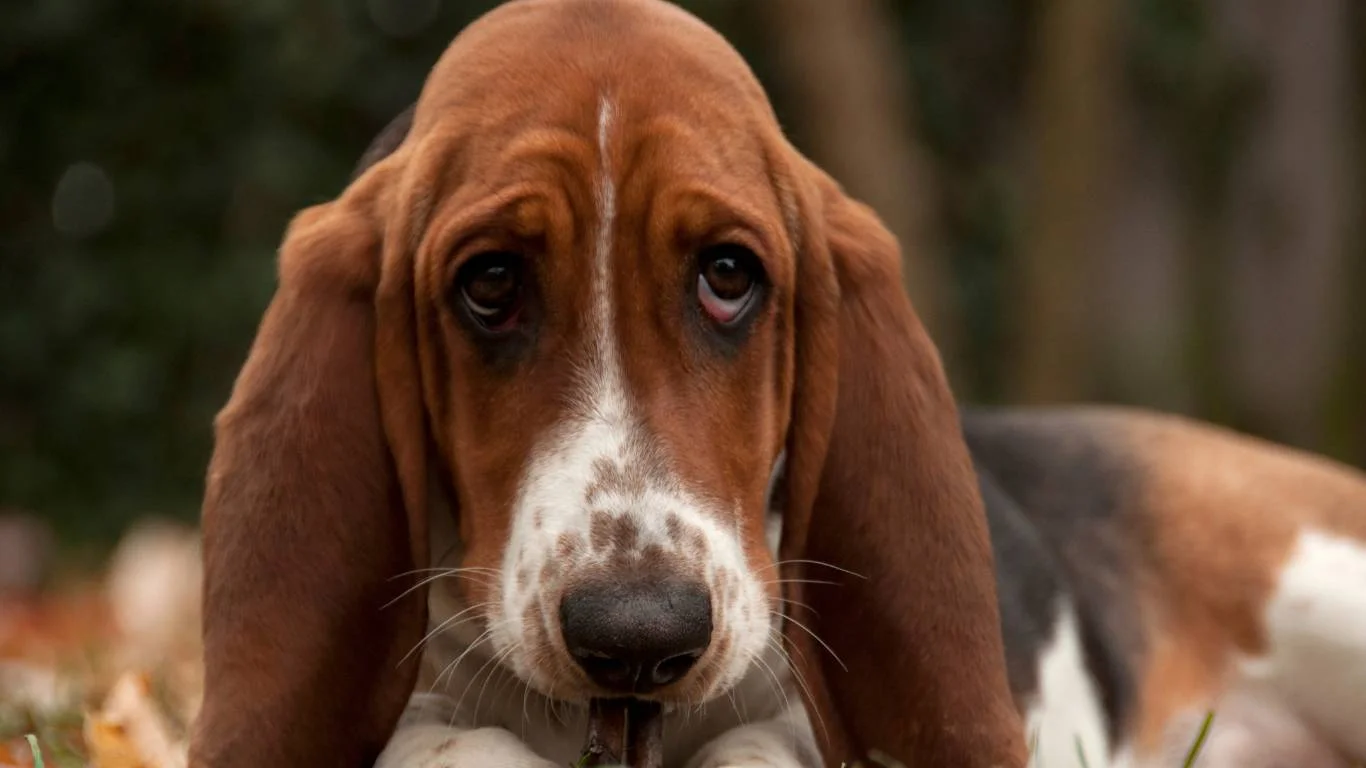
1. Tracheal Collapse (Especially in Small Breeds)
This one hits close to home for me—I once had a Yorkie patient named Bella who came in with a dry, honking cough every time she got a bit too excited. Turns out, she had tracheal collapse, a condition where the windpipe weakens and flattens, especially during exertion. It’s more common in smaller breeds like Pomeranians, Chihuahuas, and Yorkshire Terriers. When these dogs run, jump, or bark too much, the extra pressure causes the airway to narrow, triggering a cough.
Signs to watch out for:
- Dry, harsh cough (like a goose honk)
- Triggered by excitement or activity
- Breathing difficulty or gagging after coughing
2. Exercise-Induced Respiratory Distress
Just like people can get winded, dogs can experience respiratory stress after activity. I’ve seen this in brachycephalic (flat-faced) breeds like Bulldogs and Pugs. These pups already have compromised airways, so add some physical exertion and suddenly their breathing becomes labored, and a cough follows. It’s not always cause for alarm, but it’s definitely worth monitoring closely.
Breeds more prone to this:
- English Bulldogs
- French Bulldogs
- Pekingese
- Boxers
3. Kennel Cough (Canine Infectious Respiratory Disease Complex)
This one’s super common—think of it like the dog version of a cold. I can’t count how many dogs we’ve seen who picked it up after boarding or doggy daycare. It’s highly contagious, and while it doesn’t always show up immediately, exercise can aggravate the throat and bring on a fit of coughing. Usually, it’s more of a dry, hacking sound, and the dog may otherwise act totally normal.
Symptoms include:
- Persistent cough, often worse at night or after activity
- Occasional nasal discharge
- Mild lethargy or loss of appetite
When Is Coughing After Exercise a Concern?
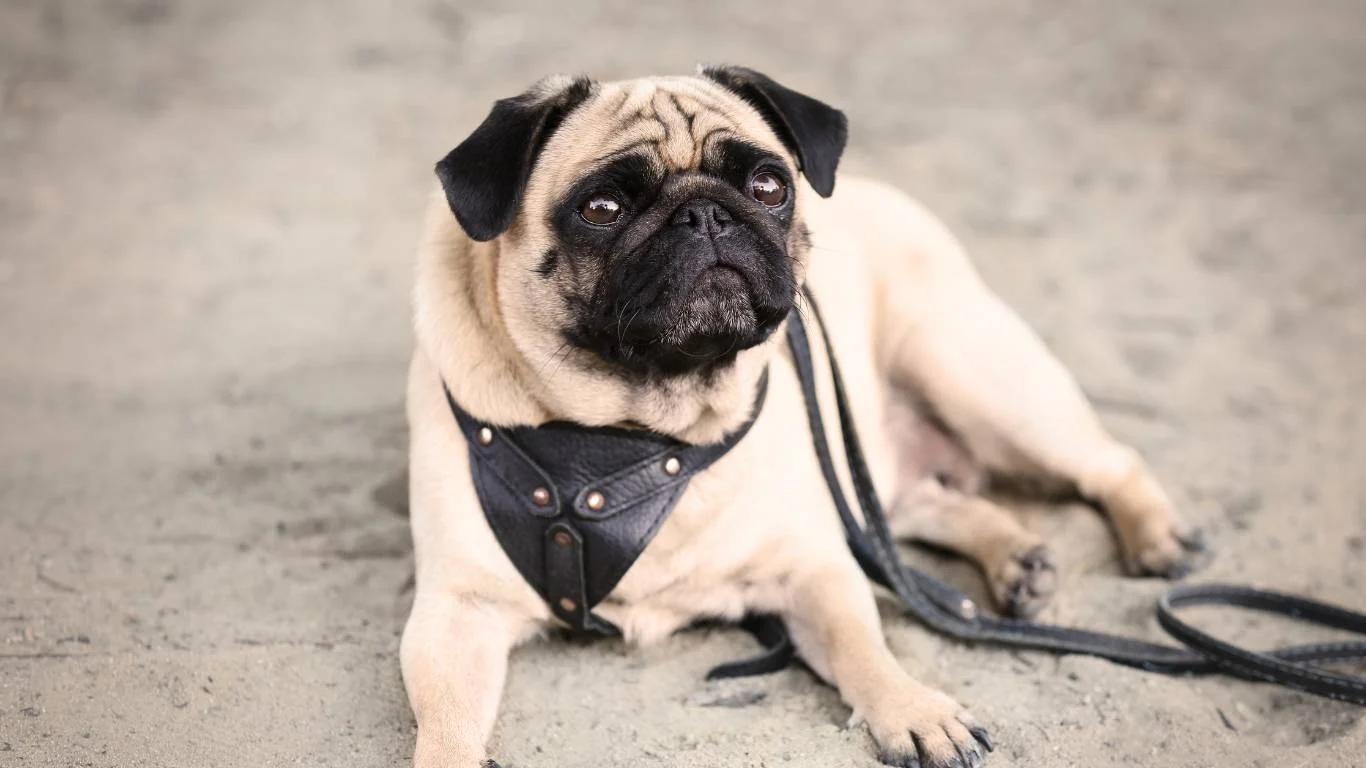
Sometimes a cough is just a cough, but other times it’s your dog’s way of waving a red flag. I always tell pet parents to look for patterns. Is it a one-time thing? Or does it happen after every walk? Are they coughing up foam or mucus? Are they struggling to breathe?
Red flags that mean it’s time to call the vet:
- Persistent or worsening cough
- Coughing accompanied by gagging, vomiting, or retching
- Signs of fatigue or collapse during or after exercise
- Labored or noisy breathing
During my time in the clinic, I’ve seen cases where what seemed like “just a cough” ended up being a sign of something more serious, like heart disease or pneumonia. Trust your gut—if your dog’s behavior seems off, it’s better to be safe than sorry.
How Your Dog’s Breed and Size Play a Role
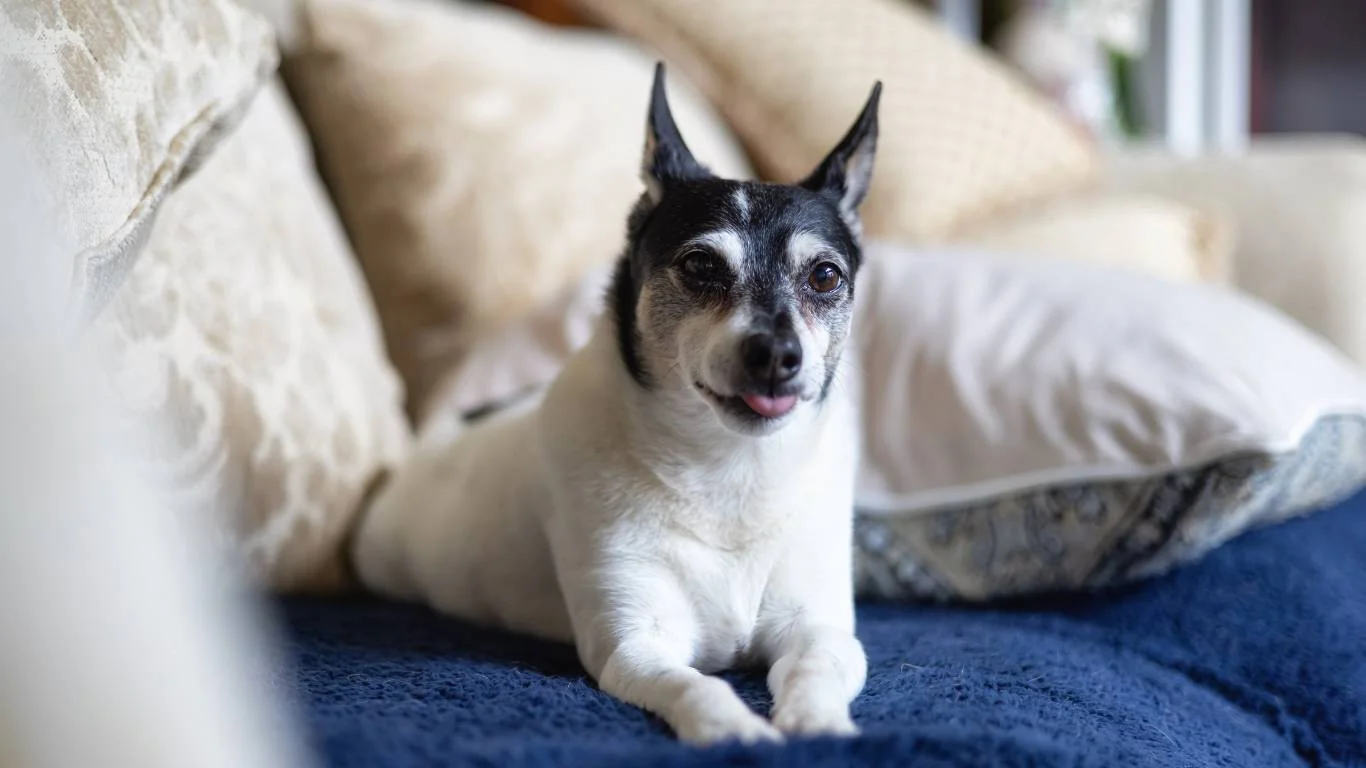
As a nutrition-focused vet assistant, I’ve always paid close attention to how breed-specific anatomy and physiology affect health outcomes—including coughing. Smaller breeds are prone to tracheal issues, flat-faced breeds to airway problems, and larger breeds might experience heart or lung conditions that reveal themselves during exertion. Knowing what’s typical for your dog’s breed can give you a big head start when noticing early warning signs.
Also, weight plays a role. Overweight dogs often struggle more during activity and are at higher risk for breathing issues. Keeping your dog at a healthy weight—something we emphasize every single day in our clinic—can go a long way in preventing exercise-related coughing altogether.
Other Possible Medical Causes of Coughing After Exercise
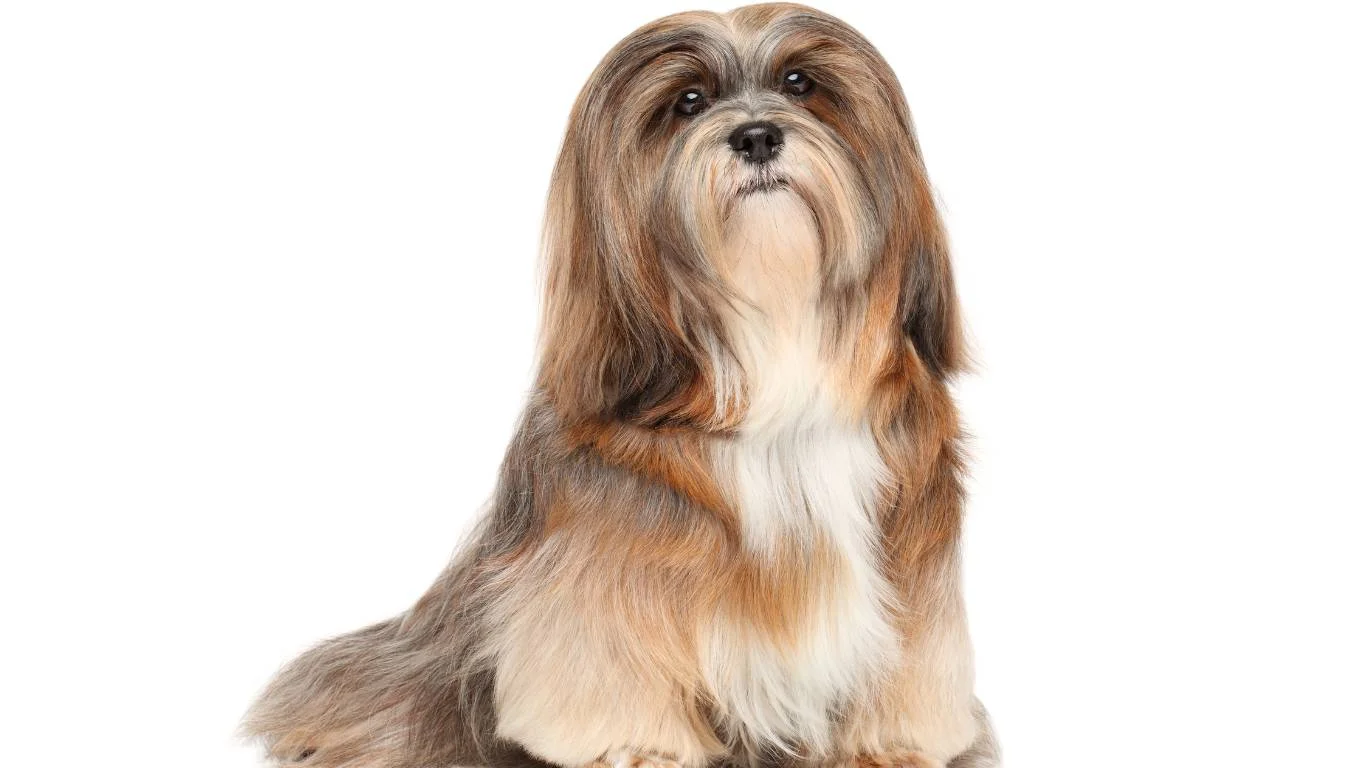
Okay, so we’ve already talked about tracheal collapse and kennel cough, but there are some other, less common (but serious) reasons your dog might be coughing after physical activity. I’ve seen these sneakier causes pop up during routine checkups—cases where pet parents had no clue something was going on under the surface.
1. Heart Disease (Yep, Dogs Get It Too)
Believe it or not, heart disease is a major cause of exercise-induced coughing in dogs, especially older or large-breed pups. One of our long-term patients, a sweet old Labrador named Moose, started coughing after short walks. His humans thought he might’ve inhaled something weird, but it turned out he had a condition called congestive heart failure. His heart wasn’t pumping efficiently, which caused fluid buildup in the lungs—cue the coughing.
Watch for these signs:
- Coughing that worsens with activity or at night
- Lethargy or reluctance to exercise
- Labored breathing, even when resting
- Swollen belly (from fluid retention)
2. Allergies or Environmental Irritants
Sometimes the answer is surprisingly simple—environmental allergies. If your dog’s doing fine indoors but starts coughing after outdoor playtime, pollen, dust, smoke, or even lawn chemicals could be irritating their throat or lungs. I’ve seen this a lot in spring and fall when allergens are at their peak. Dogs may also lick or chew their paws or have watery eyes along with the coughing.
Things to try:
- Rinse off your dog’s paws and fur after walks
- Avoid walks during high pollen times (early morning/late afternoon)
- Switch to a pet-safe lawn treatment if needed
How Nutrition Can Help With Respiratory Health
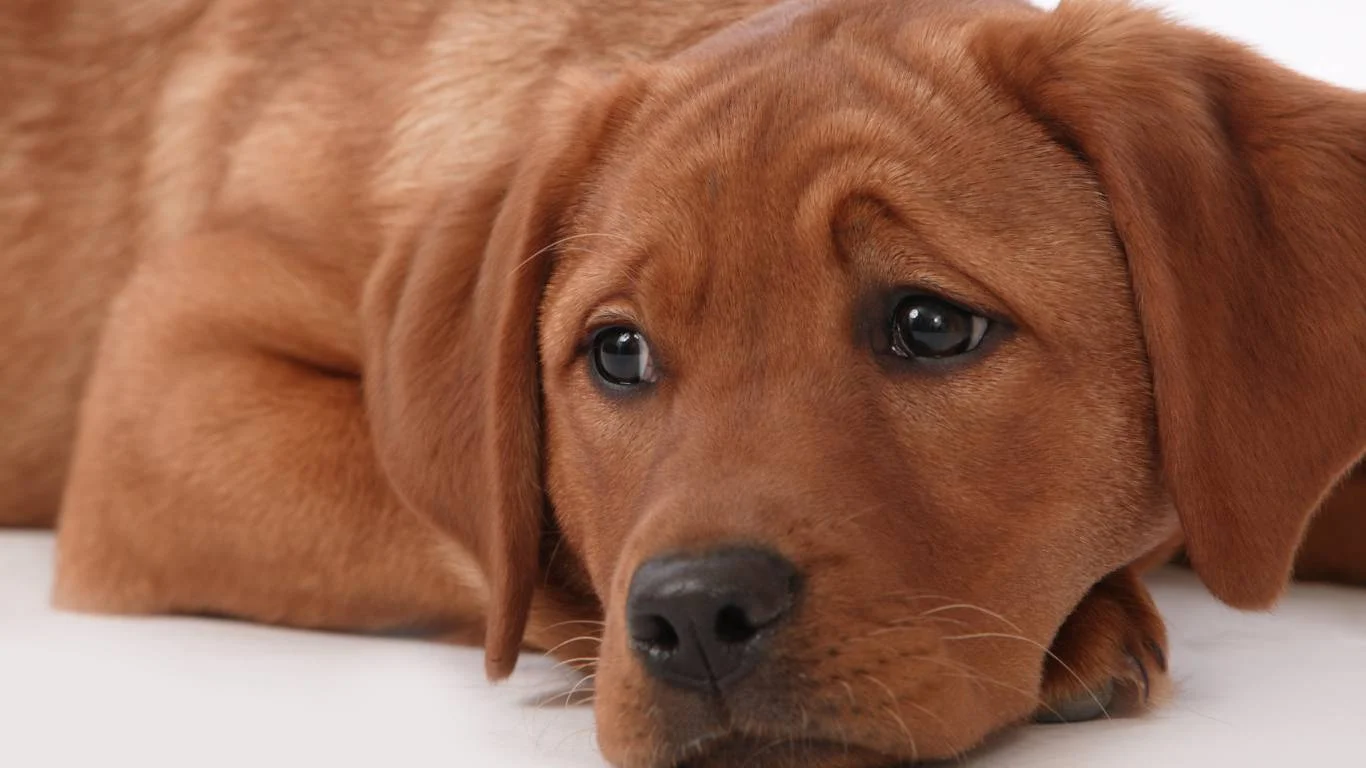
Now here’s where my nutrition background really comes into play. A dog’s diet can make a huge difference in overall health—including the respiratory system. While food won’t cure a structural issue like tracheal collapse, it can absolutely support immune function, reduce inflammation, and help maintain a healthy weight—which takes strain off the heart and lungs.
I had a Boxer patient, Duke, who struggled with post-exercise coughing and mild heart enlargement. We worked with his vet to transition him to a heart-supportive diet rich in:
- Omega-3 fatty acids (from fish oils)
- Antioxidants like vitamins C and E
- Low-sodium formulas to reduce fluid retention
- Lean proteins and fiber to help manage weight
The change didn’t work miracles overnight, but within a few months, Duke was more active, coughed less, and just seemed happier overall. Nutrition is never a magic fix, but when combined with medical care, it can play a big supporting role.
Should You Let Your Dog Keep Exercising If They Cough?
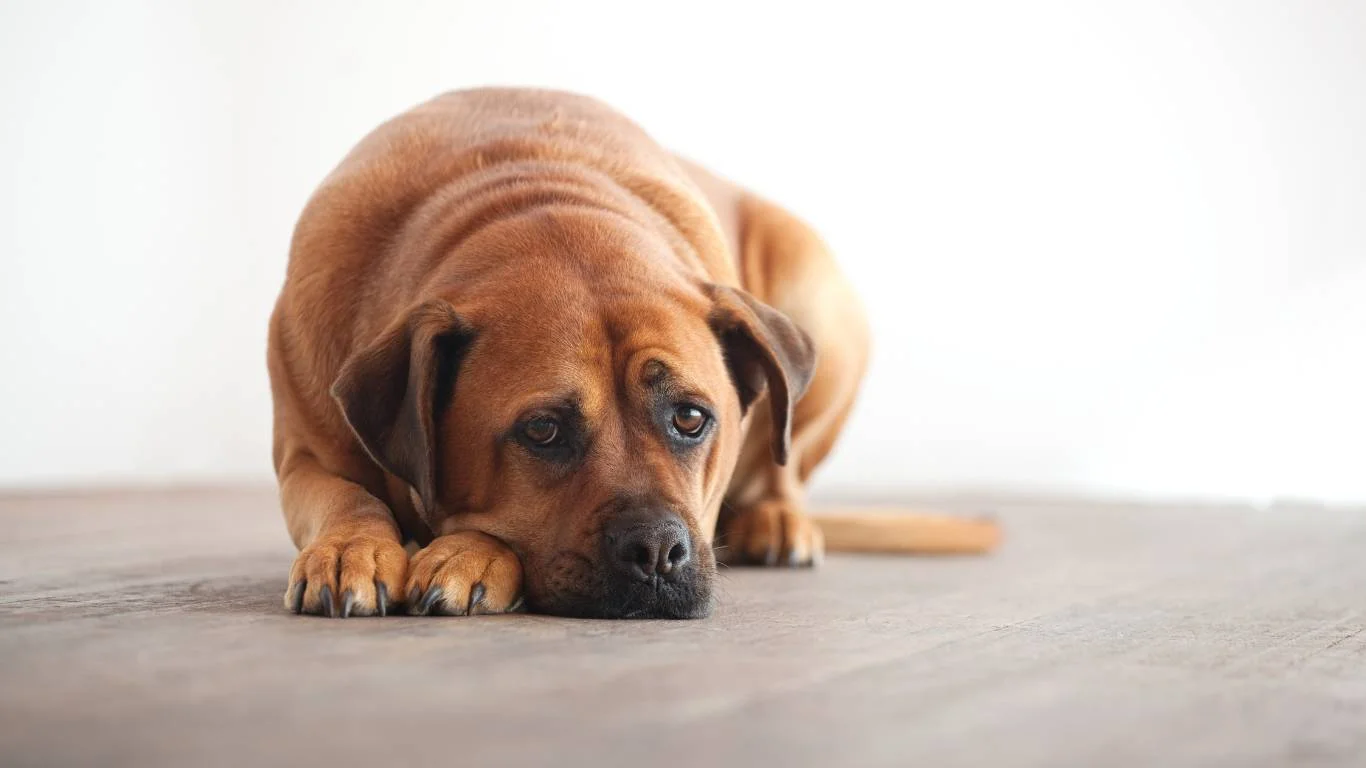
This is probably the question I get asked the most: “Should I stop taking my dog on walks if they cough afterward?” The answer depends on the cause. If it’s something like allergies or weight, gentle walks might still be okay. But if you’re dealing with a heart condition, collapsing trachea, or anything more serious, your vet might suggest modifying activity or sticking to low-intensity play.
Here’s a good rule of thumb:
- If the cough is mild and goes away quickly, keep an eye on it and try reducing the intensity of exercise.
- If the coughing is getting worse, lasts longer, or is paired with other symptoms—time to pause the activity and check in with your vet.
I usually recommend switching up the routine for dogs that need gentler exercise. Think puzzle toys, indoor scent games, or casual strolls instead of runs. Every dog is different, and sometimes just changing the pace makes a big difference.
Quick Tips to Help Your Dog Breathe Easier
If you’ve noticed your dog coughing after play sessions, here are a few easy, vet-approved steps to help reduce the risk:
- Use a harness instead of a collar—especially for small or flat-faced breeds. It reduces pressure on the trachea.
- Keep exercise moderate—short, frequent walks are better than one long, intense session.
- Limit exposure to allergens by wiping your dog down after being outdoors.
- Watch for seasonal patterns in their coughing—it might help your vet diagnose the root cause.
At the end of the day, knowing your dog and paying attention to their patterns is key. I always remind clients: you’re the expert on your pet’s “normal.” If something feels off, it’s always worth digging deeper. And thankfully, many causes of why your dog is coughing after exercise are manageable with a little help, patience, and a good care team behind you.
Practical Home Strategies to Support Your Dog’s Breathing
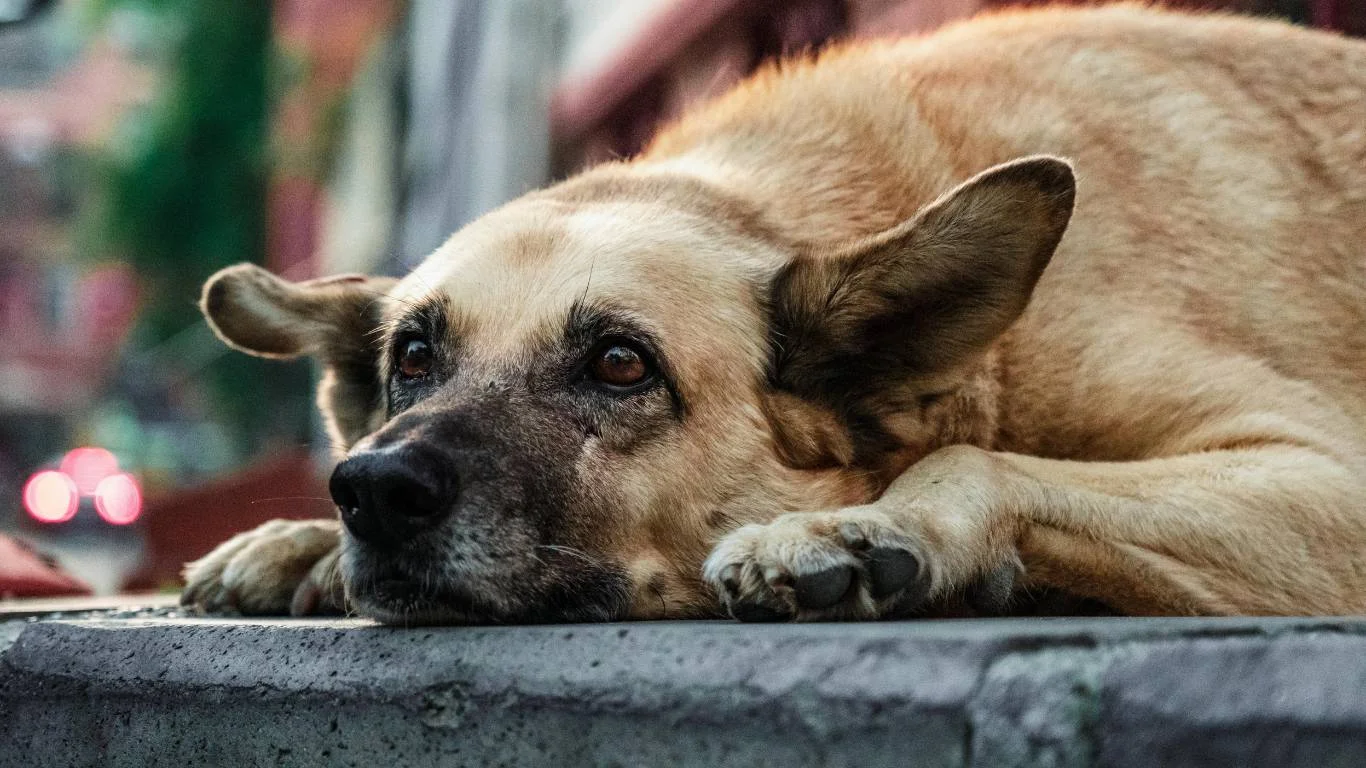
After helping countless pet parents navigate the whole “why is my dog coughing after exercise?” situation, I’ve learned that small changes at home can make a big impact. Whether you’re dealing with mild respiratory irritation or managing a chronic condition like tracheal collapse, there are practical steps you can take daily to help your dog breathe easier and live more comfortably.
1. Create a Calm, Low-Stress Environment
Excitement and anxiety can trigger or worsen coughing, especially in dogs with sensitive airways. I remember one particularly anxious Bichon Frise who coughed every time someone rang the doorbell. Once we introduced calming routines and even used dog-friendly music during high-stress times, the coughing episodes decreased noticeably.
Try this at home:
- Set up a quiet rest space away from heavy foot traffic
- Use calming sprays or pheromone diffusers
- Stick to predictable routines, especially around walks and meals
2. Monitor Temperature and Air Quality
Hot, humid days or very cold air can trigger breathing issues. Add in poor indoor air quality (like smoke or heavy scents), and you’ve got a recipe for a coughing episode. One of my clients invested in a small HEPA air purifier after her senior Spaniel developed a persistent post-walk cough. That small upgrade made a huge difference.
Keep an eye on:
- Air purifiers in common areas
- Limiting scented candles, incense, or cleaning sprays
- Adjusting walk times to cooler parts of the day during summer
3. Use Harnesses Over Collars—Seriously
This one’s big. I know we mentioned it briefly, but I’ll say it again louder for the folks in the back: ditch the collar if your dog is coughing after exercise. A harness reduces pressure on the trachea and helps prevent that mechanical irritation that triggers coughing. Bonus—it gives you more control and can be way more comfortable for your pup.
When to See the Vet (And What to Expect)

If coughing persists or worsens, it’s time to bring in your vet team. I’ve walked dozens of pet parents through this process, and trust me—it’s better to rule out serious stuff early. Your vet might recommend diagnostics like:
- Chest X-rays – to check for heart issues, fluid, or lung changes
- Heartworm test – super important, especially in warm climates
- Throat and airway exam – to check for obstructions or inflammation
- Bloodwork – for infection or organ-related signs
If something more serious is found, your vet will guide you through treatment options. This might include medications like cough suppressants, bronchodilators, or heart meds. And if it’s something mild, like allergies or irritants, even just avoiding the trigger can bring huge relief.
Always ask questions—your vet should never make you feel rushed or unheard. It’s your dog, and your peace of mind matters. I’ve sat beside many pet parents during those “is this serious?” appointments, and I always remind them: even a small cough is worth the vet’s time if it means your pup gets back to feeling great.
Staying Proactive: Tips for Prevention
Once you’ve figured out what’s behind the cough, the goal is to prevent it from happening again—or at least manage it well. These are the go-to tips I share with clients:
- Regular vet checkups – especially for senior dogs or breeds prone to respiratory problems
- Maintain a healthy weight – extra pounds = extra strain on lungs and heart
- Adjust exercise routines – focus on short, fun activities that won’t overwhelm your dog
- Stay current on vaccines – especially Bordetella (kennel cough) if your pup socializes with others
- Keep an observation log – when the cough happens, how long it lasts, any other symptoms
I’ve even had clients keep videos of their dog’s cough to show the vet—it’s super helpful when diagnosing intermittent issues. Don’t be afraid to over-document. When it comes to your dog’s health, more info is always better than not enough.
Final Thoughts: You Know Your Dog Best
At the end of the day, nobody knows your pup better than you. If you’re noticing coughing that doesn’t feel normal, especially after exercise, trust your instincts. I’ve seen many pet parents catch health issues early just because they paid attention and asked questions.
From mild irritations to more serious heart or airway problems, coughing after activity is a symptom you shouldn’t ignore. But it’s also something that’s often very manageable with the right combination of care, support, and maybe a few harnesses and air purifiers along the way.
And hey, if you’re ever unsure, reach out to your vet. They’re your partner in this, and with you paying attention at home, your dog’s in good hands. Here’s to keeping tails wagging and lungs clear.
References
- American Veterinary Medical Association
- Cornell University College of Veterinary Medicine
- ASPCA – Dog Health and Care
- American Kennel Club (AKC)
Disclaimer
This article is based on professional experience and general veterinary knowledge but is not a substitute for professional veterinary advice, diagnosis, or treatment. Always consult your veterinarian with any questions you may have regarding your pet’s health or a medical condition.
